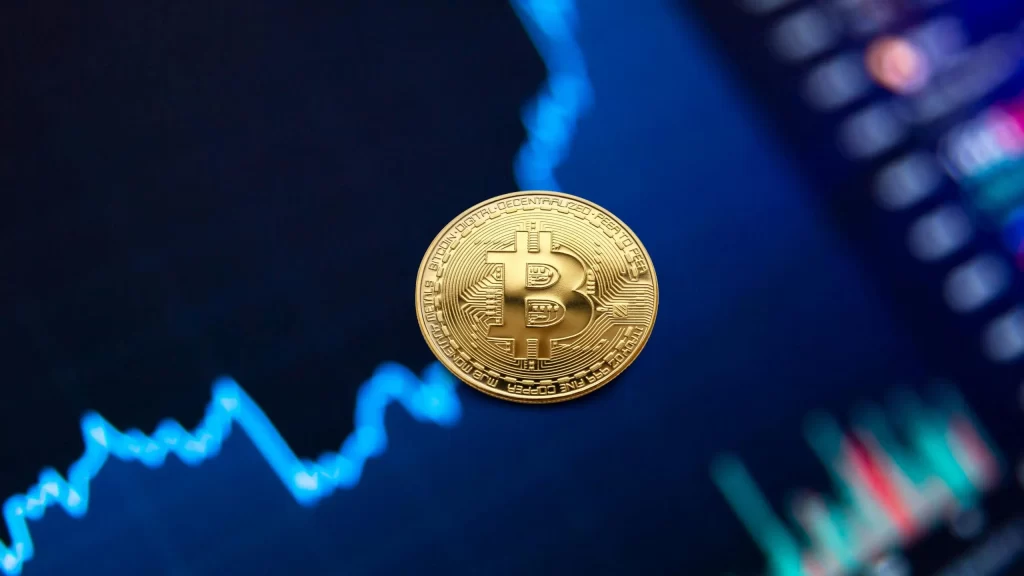Decentralized Finance DeFi platforms have emerged as a disruptive force in the realm of traditional finance, offering a plethora of new investment avenues and challenging conventional notions of banking and investment. Unlike centralized financial institutions, which rely on intermediaries to facilitate transactions and manage assets, DeFi platforms operate on blockchain technology, enabling peer-to-peer transactions and decentralized decision-making. One of the most compelling aspects of DeFi is its ability to provide financial services to anyone with an internet connection, regardless of their location or socioeconomic status. Traditional banking systems often exclude large segments of the global population due to high barriers to entry, such as minimum deposit requirements and credit checks. In contrast, DeFi platforms are permissionless, meaning anyone can access them without needing approval from a central authority. This inclusivity has the potential to empower individuals who have been underserved or marginalized by traditional financial systems.
One of the primary functions of DeFi platforms is the facilitation of lending and borrowing without the need for intermediaries. Through smart contracts, users can securely lend out their digital assets and earn interest on their holdings, or borrow assets by providing collateral. This peer-to-peer lending model eliminates the need for traditional banks or lending institutions, reducing costs and increasing efficiency. Additionally, DeFi lending protocols often offer higher interest rates compared to traditional savings accounts, providing an attractive option for investors seeking to maximize their returns. Another key feature of DeFi platforms is the ability to trade digital assets directly on decentralized exchanges DEXs. Unlike centralized exchanges, which require users to deposit their assets into a custodial account managed by the exchange, DEXs allow users to retain control of their assets at all times. This not only reduces the risk of theft or hacking but also eliminates the need to trust a third party with custody of funds.
 Furthermore, DEXs often offer a wider range of trading pairs and lower fees compared to their centralized counterparts, making them an attractive option for traders and investors alike. In addition to lending, borrowing, and trading, DeFi platforms also offer innovative solutions for asset management and investment. Decentralized autonomous organizations DAOs allow users to collectively govern and manage pooled funds through transparent and auditable smart contracts and my link topcryptocurrencies.io. DAOs enable decentralized decision-making, giving users greater control over how their funds are allocated and invested. This democratization of asset management has the potential to disrupt traditional investment funds and wealth management services, putting power back into the hands of individual investors. Despite the many benefits of DeFi, it is not without its challenges and risks. The rapidly evolving nature of the industry means those regulatory frameworks are still catching up, leading to uncertainty and potential regulatory hurdles. Moreover, the decentralized nature of DeFi can also make it susceptible to vulnerabilities and exploits, as evidenced by high-profile hacks and security breaches in the past.
Furthermore, DEXs often offer a wider range of trading pairs and lower fees compared to their centralized counterparts, making them an attractive option for traders and investors alike. In addition to lending, borrowing, and trading, DeFi platforms also offer innovative solutions for asset management and investment. Decentralized autonomous organizations DAOs allow users to collectively govern and manage pooled funds through transparent and auditable smart contracts and my link topcryptocurrencies.io. DAOs enable decentralized decision-making, giving users greater control over how their funds are allocated and invested. This democratization of asset management has the potential to disrupt traditional investment funds and wealth management services, putting power back into the hands of individual investors. Despite the many benefits of DeFi, it is not without its challenges and risks. The rapidly evolving nature of the industry means those regulatory frameworks are still catching up, leading to uncertainty and potential regulatory hurdles. Moreover, the decentralized nature of DeFi can also make it susceptible to vulnerabilities and exploits, as evidenced by high-profile hacks and security breaches in the past.
